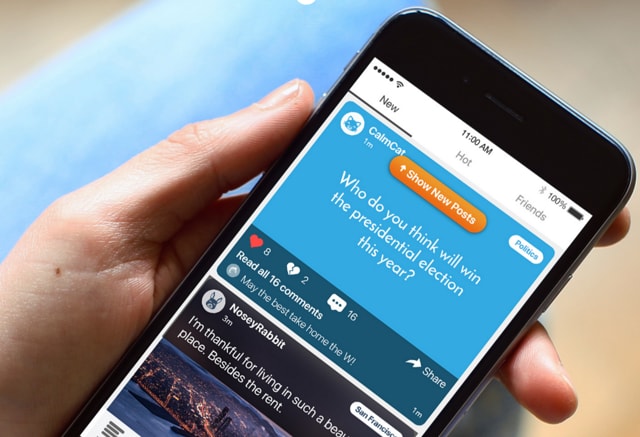On the safe side: Technology that allays privacy concerns
As more people live their lives online, technology developers are employing newer methods to allay privacy concerns.

We live in the age of the Internet. In this connected world, phones are smart, drones fly above us, apps track our health and virtual reality transports us to places beyond our wildest imagination. But the more connected we get, more personal data flows into cyberspace. This, in turn, raises concerns about sensitive data falling into the wrong hands, a worry ever since whistleblower Edward Snowden stated in 2013 that the US government sifts through the average citizen's emails, digital photos and online files. To allay concerns, companies are going all out to protect data — from introducing iris scanners in phones and designing fully-secure devices to launching anonymous networks.
Cause for concern
"The emergence of various technologies such as cloud, social platforms and the Internet of Things has led to the generation of tremendous amount of data. This data is exchanged with various entities such as governments, organisations, people and devices. This makes privacy a complex issue," says Narendra Nayak, MD of BlackBerry India, which recently unveiled an Android device that the company claims is the "world's most secure phone".
Read: Samsung unveils Galaxy Note 7 with curved screen, iris scan technology
As of January 2016, 46% of the global population has access to the Internet, according to statista.com. But this access comes at a price — compromised security. According to data from 2016, online hackers are feared by 96% of today's Internet users. Another worry is the involvement of governments in the online activities of their nationals, with a sizeable number of Internet users saying they have adopted specific online strategies to hide information from the government. Then, a cause for concern is the malicious use of personal information to humiliate, harass or damage someone's reputation.
Read: BlackBerry launches world's most secure phone
Keeping up
Technology developers are trying to keep up with this evolving world. Yahoo, for instance, has launched on-demand passwords to allow users to sign in via an SMS code. "With multiple accounts covering various online services, many people have no inclination to remember strong passwords. They trade security for convenience. This makes securing access to our digital identities more important than ever before," says Dylan Casey, vice president, product management, Yahoo. But as sophisticated attacks and cybercrimes increase, protecting data, which is the world's new 'natural' resource, becomes more challenging. To keep up with a maturing online population, technology developers are constantly coming up with solutions to address emerging threats. Here are some they've unveiled in recent months.
Biometric security


Fingerprint sensors have become the norm in smartphones across budgets in the past year or two. Now, devices such as Xiaomi Mi 5 and TCL 560 are introducing face-recognition software while Samsung Galaxy Note 7 and Reliance LYF Earth 2 are being unveiled with iris scanners to boost device security.
Hack-proof email


Safe Cloud Now will soon introduce a new secure encrypted email service for individuals who want to lock in their private email addresses. Yambuu, on the other hand, has created what it claims is "world's most secure and private email service", which allows users to completely trace an email's path.
Secure phones


Companies such as BlackBerry and Silent Circle have gone beyond data encryption and biometric security. The DTEK50 is designed to address the security needs of today's Android users, while Blackphone 2, a privacy-focused device, is a fully-encrypted mobile device. Turing Phone, an ultra-secure smartphone designed by Turing Robotics, was also unveiled recently.
Data encryption


Efforts by social media companies to encrypt data is a recent phenomenon and a direct fallout of the mid-2013 Edward Snowden revelations. Apps such as Telegram and Signal were created, offering end-to-end encryption, while existing apps such as WhatsApp and Facebook Messenger have gone down the same route.
Anonymous networks


Though Whisper, Yik Yak and Omegle have been around, an anonymous sharing app, Candid, made its debut in July for users to share unfiltered opinions on mainstream social networks without the fear of being judged.
Catch all the Latest Tech News, Mobile News, Laptop News, Gaming news, Wearables News , How To News, also keep up with us on Whatsapp channel,Twitter, Facebook, Google News, and Instagram. For our latest videos, subscribe to our YouTube channel.































